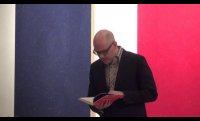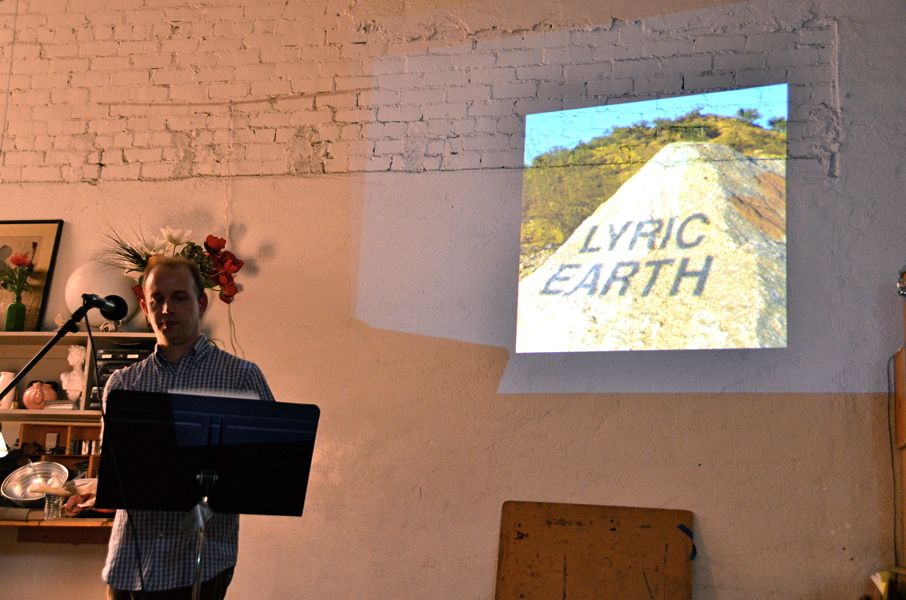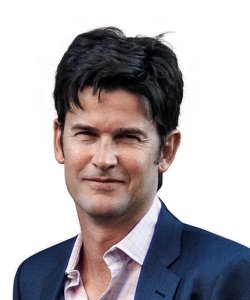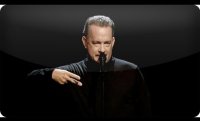Ohio University Press Extends Poetry Prize Deadline
Due to the recent effects of Hurricane Sandy, Ohio University Press has extended the deadline for the Hollis Summers Poetry Prize to November 15. The annual competition, which awards a $1,000 cash prize and publication by Ohio University Press, is given for a poetry collection.
Poets may submit previously unpublished manuscripts of sixty to ninety-five pages, along with a $25 entry fee, to Ohio University Press, 19 Circle Drive, The Ridges, Athens, Ohio 45701. The competition is open to poets who have published a full-length collection and those who have not. For more information and complete submission guidelines, visit the Ohio University Press website.
The annual prize is named for the poet Hollis Summers, who taught at Ohio University for many years and frequently wrote about the city of Athens in his poems.
Poet Nick Norwood won last year’s prize for his third full-length collection, Gravel & Hawk, published this past April by Ohio University Press. In the podcast below from the PBS NewsHour program “Art Beat,” hear Nick read the poem “A.M.” from his winning collection.






 What happens when we engage the spaces between poetry and science, between art and geography, between place and philosophy? What happens when all those categories get mixed up? I’d call the new arrangements that emerge a hybrid poetic geography, in which different fields of thought and knowledge collapse into each other.
What happens when we engage the spaces between poetry and science, between art and geography, between place and philosophy? What happens when all those categories get mixed up? I’d call the new arrangements that emerge a hybrid poetic geography, in which different fields of thought and knowledge collapse into each other.

